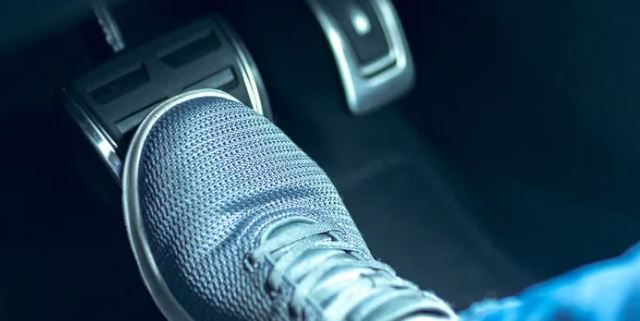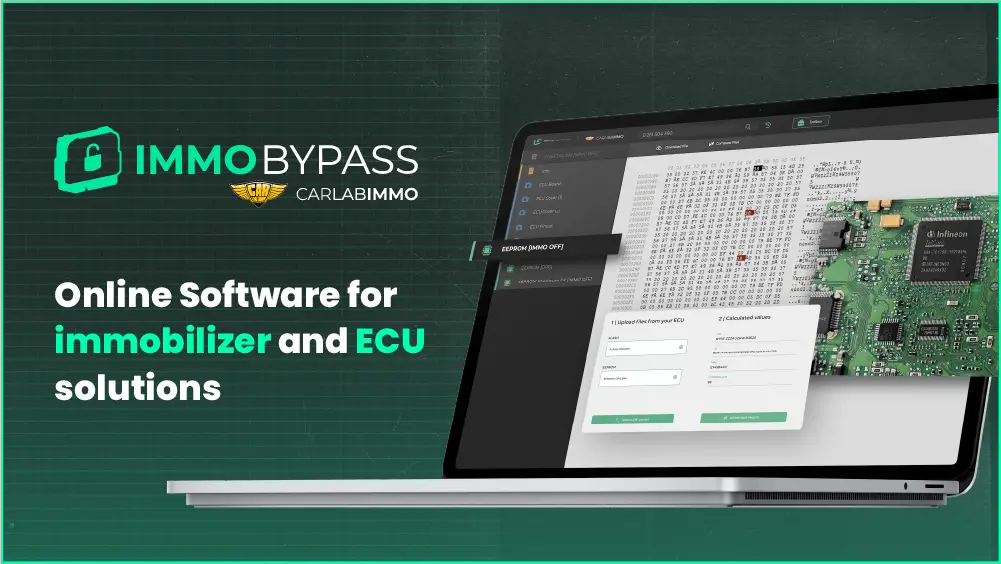Brakes are one of the most critical safety features of a car. Without brakes, a car would not be able to stop effectively, and this could lead to accidents. The most important thing is to make sure that your car’s brakes are in good condition and that you know how to use them properly.
If you’ve been driving your car for a while and have started to notice a clicking sound every time you press on the brake pedal, don’t worry – you’re not alone. This is actually a pretty common problem, and there are usually several reasons why it might happen. In this blog post, we’ll discuss what causes the sound and how to go about getting it fixed.
What Are The Main Causes Of A Clicking Sound When Braking?
1)Something Lodged In The Rotors
The clicking noise you’re hearing is likely due to a small rock or piece of debris that’s become lodged in the brake rotor. This issue can present itself in a number of different ways ( Squealing or scraping sound is also common )
This can happen if you drive over a pothole or hit a curb too hard. The good news is that this is an easy problem to fix and shouldn’t require a trip to the mechanic.
How To Fix In This Case
To remove the rock or debris, simply apply pressure to the brake pedal while gently moving the steering wheel back and forth. This will cause the rotor to move slightly and hopefully dislodge the rock. If this doesn’t work, you may need to remove the wheel and use a pair of pliers or needle-nose tweezers to pull out the debris.
Once you’ve removed the rock, clean the area around the rotor with a rag to remove any debris that could prevent the brake pads from making proper contact. Be sure to check your other brakes for rocks or debris as well. If you find any, repeat the process until all of your brakes are clear.
2)Issues With Pads Or Calipers
If you’re still hearing a clicking noise after doing all of this, it’s possible that there’s an issue with your brake pads or callipers.
One of the most common reasons of a clicking sound when pressing the brake pedal on a car is pads and callipers that are not properly lubricated. When the pads and callipers are not properly lubricated, they can cause a lot of friction and heat to build up, which can eventually lead to the brake pads wearing down and causing a clicking sound when they are pressed.
Another common issue that can cause a clicking sound when pressing the brake pedal is worn out or damaged brake pads. If the brake pads are worn out or damaged, they can start to make a clicking sound as they press against the rotors. This can be caused by many different things, such as driving too aggressively or not maintaining your brakes properly.
How To Fix In This Case
If you are having issues with your brakes clicking, it is important to have them inspected by a professional as soon as possible. Brakes are one of the most important safety features on your car, and if they are not working properly, it can be very dangerous. If you think there may be an issue with your brakes, do not hesitate to take your car to a mechanic or dealership for an inspection. By catching the problem early, you can avoid any serious accidents or damage to your car.
3)Loose Components & Other Less Likely Causes
There are a number of other less likely but possible causes – these include
- Loose brake pads
- Loose/broken pads anti-rattle springs
- Calliper cylinders retracting in an uneven way
- Calliper sliders not re-positioning correctly
- Brake disk bent (slightly bent you won’t feel it in the pedal; really bent and you will feel the pedal vibrate)
What Should You Do If You Notice A Decrease In Braking Performance?
If you notice a decrease in braking performance, the first thing you should do is check on the potential issues I have mentioned above. If it’s not a problem that you are able to diagnose and fix yourself, then you should have your brakes inspected by a professional mechanic to make sure there isn’t something else going on. Don’t wait until it’s too late to get your brakes checked – if they’re not working properly, it could be dangerous! So if you notice any decrease in braking performance, don’t hesitate to get it checked out professionally.
It is generally recommended that you have your brakes inspected at least once a year. However, if you notice any strange noises or vibrations coming from your brakes, it is best to take your car in for a check-up as soon as possible. Ignoring these warning signs could lead to more serious and expensive problems down the road.
Go Home







